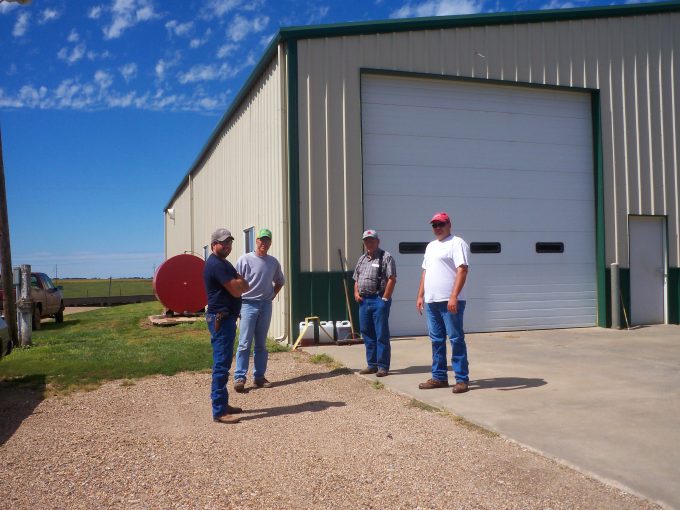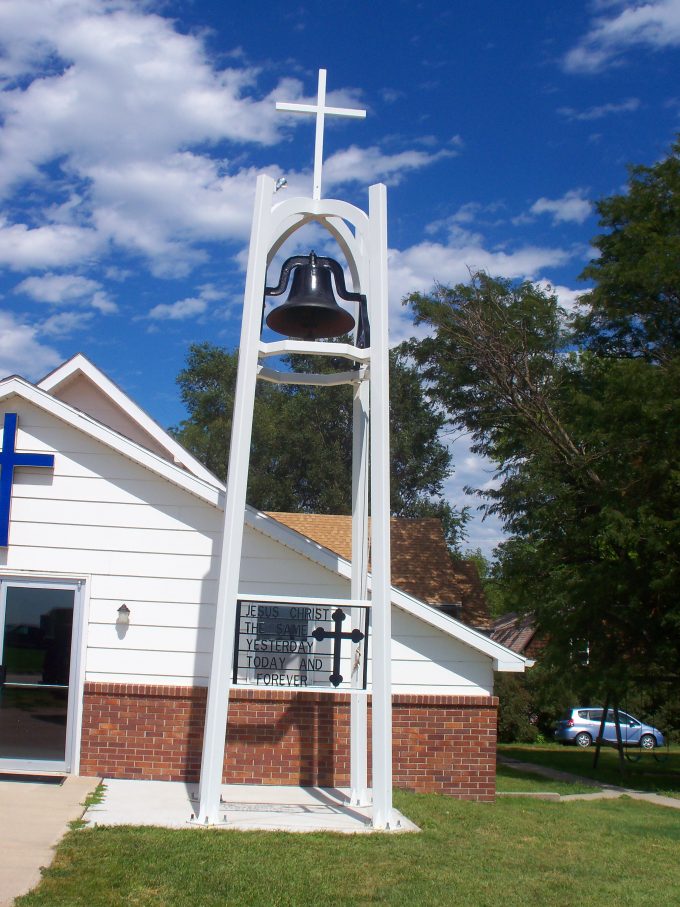
Monday, 13 August 2018
But to which of the angels has He ever said:
“Sit at My right hand,
Till I make Your enemies Your footstool”? Hebrews 1:13
The author has been carefully contrasting the Person of Jesus Christ to the nature, being, and authority of angels. He just showed that God, through Christ, created. That reveals that He was there before the creation. He also showed that when the heavens grow old and are rolled up like a garment for replacement, He will be there to accomplish that task. That again reveals that He is outside and above the creation. As angels are created beings, and thus a part of the creation, Christ is “greater than” these creatures. He now contrasts them to the authority of Christ by beginning with, “But to which of the angels has He ever said.”
“He” in this verse is speaking of God. The question will be a rhetorical one. It is a question based on a statement which had been made to the Son. It is an appeal to Psalm 110, the most quoted psalm in the New Testament. It is specifically the first verse of that Psalm –
The Lord said to my Lord,
“Sit at My right hand,
Till I make Your enemies Your footstool.”
Jesus Himself used these words as a point of theology when speaking to the Pharisees of Israel, and which clearly point to the divine nature of the individual being spoken about in the Psalm –
While the Pharisees were gathered together, Jesus asked them, 42 saying, “What do you think about the Christ? Whose Son is He?”
They said to Him, “The Son of David.”
43 He said to them, “How then does David in the Spirit call Him ‘Lord,’ saying:
44 ‘The Lord said to my Lord,
“Sit at My right hand,
Till I make Your enemies Your footstool” ’?
45 If David then calls Him ‘Lord,’ how is He his Son?” Matthew 22:41-45
The point which Jesus was making is somewhat lost in the translation. The word “Lord” in this verse is translated from two different words in the Hebrew. The first is the divine name Yehovah (YHVH). The second use is from the word Adonai, meaning “My Lord” when one is speaking to Yehovah. Jesus’ question asks then, “How is it that David calls Him “My Lord,” (meaning “Yehovah”)? David was prophesying, and the words were then recorded in Scripture. How can Yehovah be His own Son?
It is with the understanding that Christ Jesus (the Son) is Yehovah that the author of Hebrews asks His question. To which of the angels has He ever said the words which follow that opening statement in the psalm. First, it was directed to Yehovah, and Yehovah is not a created angel. Secondly, the statement says, “Sit at My right hand.” The words take us right back to verse 3 where the author said that “when He had by Himself purged our sins, sat down at the right hand of the Majesty on high.” God had “through” the Son, purged our sins. After accomplishing this, Christ Jesus was granted the position of full authority and power of God, meaning the right hand. And not only was He granted that position, but He possesses it in a state of completion of work. To “sit down” means that the work (meaning the purging of sins) is accomplished. It is as clear of a statement of eternal salvation as one can get. If our sins are purged, then we are purged of our sins. The work is accomplished, fully and completely. From there, Yehovah says for Christ to sit “Till I make Your enemies Your footstool.”
The work on behalf of the people of God is complete, but the enemies of God continue to wage their war. The Messiah sits at the position of authority and power until the time they are vanquished. This includes the time when He shall rule among His people during the millennium (the thousand year reign of Christ mentioned six times in Revelation 20:2-7). After that time, a new order of things will come about as described in 1 Corinthians 15:24-28, and further detailed in Revelation 21 & 22.
It must be understood again that the “right hand” is not a literal position, but a position which signifies authority and power. God is Spirit. He has no parts. The mind must be cleared of thoughts of the Son sitting next to the Father in a literal sense. Christ has purged our sins, He reigns now with all authority and power, and He will continue to do so until all enemies are vanquished, the last enemy being death (1 Corinthians 15:26 & Revelation 20:14). Only then will things ake on a new aspect.
The question has been asked, “To which of the angels has He ever said these things?” The answer is, “To none of them.” Christ is “greater than” the angels.
Life application: Again as in previous verses, Christ Jesus is shown to be the Lord God (Yehovah). When we acknowledge and worship the Son, we are giving glory to the Father. When we fail to give glory to the Son, we fail to give glory to the Father. Imagine those cults and aberrant sects who continuously pretend to glorify God while ignoring the Son. They have missed the key element of what God has done in the world for our salvation. Although it sounds pious to pray to Yehovah (YHVH) and make a pretense about a relationship with Him in this way, it is dishonoring of God to do so when Jesus is not included as the focal point of our worship of Yehovah.
Lord God, thank You so very much for granting us the glorious privilege of seeing You in the Person of Jesus. In Him, we have everything we need to understand You personally, intimately, and fully. Without Him, we are left with a void in our understanding of who You are and the glory You have accomplished for us. Thank You for our beloved Jesus – the Way, the Truth, and the Life! Thank You, O God. Amen.




